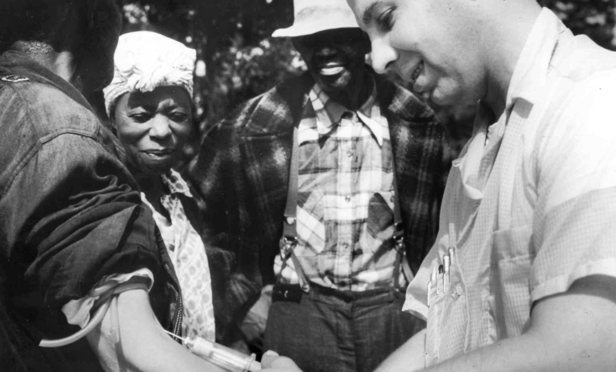The 20th century witnessed remarkable scientific progress, as well as terrible abuses of people in the name of that progress. In the 1970s, Congress resolved to put an end to that abuse, passed the National Research Act and charged a commission with protecting persons enrolled in biomedical and behavioral research. That National Commission for the Protection of Human Subjects of Biomedical and Behavioral Research put ethical treatment of all people first, even before science. Among its efforts, the commission recognized that injustice would plague any clinical trial that unfairly denied benefits to or disproportionately imposed burdens on any person or group.
Thus, the commission acknowledged that justice in clinical trials, as elsewhere, demands equitable distribution. To that end, the commission set forth an analytical framework, explaining that a choice in favor of justice would reject exploitation of people in clinical trials simply because they could be easily manipulated, convinced to participate or are otherwise compromised. A choice for justice also would reject exclusion of people from clinical trials simply because they were not easily available or would be more difficult to sign up for those trials.



